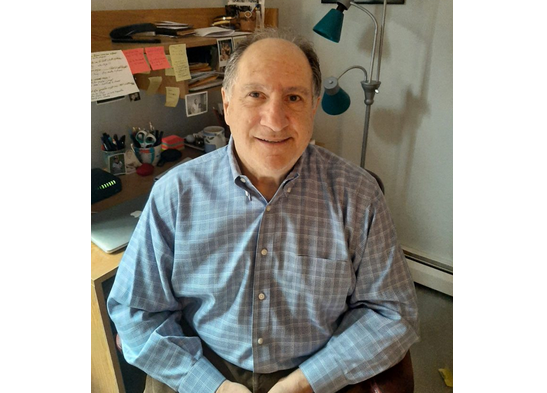The arc of a coaching conversation, which is the basic structure for our work, takes time for both the coach and the coachee to learn and use to maximum effect. The following steps comprise the arc of a coaching conversation (Aguilar 2013): check in and chat; create a plan for the conversation; check in on prior conversations; engage in coaching stances and approaches; determine next steps; and reflect on the conversation and ask for feedback.
This framework supports the coachee to examine and view their situation in a way that allows them to make other choices about how they navigate their roles. We all find ourselves “stuck” at one point or another in our jobs and the coaching process is well positioned to enable the coachee to reflect on their story and decide if that story serves them well or needs revision.
Powerful Interactions, (Dombro, Jablon, & Stetson, 2011) supports the coaches’ ability to engage in effective coaching conversations. PI’s focus on Be Present, Connect, and Extend Learning, informs the coaching conversation by impressing upon the coach the value of individualized interactions to deepening the coach/coachee relationship. When coaches get to know their coachees over time, they are better able to connect.
Reflection and change takes time, trust, and a commitment to taking a deep look at oneself. The case for allowing the coaching relationship to evolve without the constraints of a specific dosage or number of coaching sessions is reflected in the responses of coachees when asked the following:
“How has it been beneficial to you to have a long term relationship with your coach?”
He knows my experiences and can recognize patterns I might be stuck in. He can watch and monitor growth.
Steve has taken more time to get to know me over the years which has made our sessions more comfortable and has provided me more opportunities to be open with things going on at work. Although he does not work at the center, he knows most of the staff and essentially has become a coworker for me who I seek guidance from.
In a field where job sites and leaders and colleagues can change from year to year, it has been so valuable to have a coach who is familiar with the full trajectory of my growth and development, acquainted with the unique ways I respond to challenges and thrive, and who has an accurate picture of what I am fully capable of.
These comments highlight the value a coach brings to a long term coaching relationship: an ability to offer reflections based on prior knowledge and experience with the coachee; a comfort level that facilitates a willingness on the part of the coachee to share more in-depth and personal details of their work experience; and a full picture of the coachee’s growth, responses to challenges and an understanding of their potential as individuals.
What guides the decision to change the frequency or direction of a coaching relationship lies within the end-of-year conversation between coach and coachee where they reflect on, review, and carefully assess the goals set, progress made towards achieving those goals, and a mutual determination of next steps. The coachee takes the lead in choosing the pathway forward, whether that means establishing new goals, refining existing goals, deciding to conclude the coaching relationship, or move into a mentoring partnership. This is a dynamic process and one that is unique to each coach/coachee partnership.
Steve Castar is an Early Childhood Coach with the Institute’s Leadership Initiative.
References:
Aguilar, E. The Art of Coaching. San Francisco, CA: Jossey-Bass, 2016
Dombro, A.L., J.Jablon, & C. Stetson. Powerful Interactions: How to Connect with Children to Extend Their Learning. Washington, D.C.: NAEYC, 2011




Steve has coached me for a few years now and I can say that I’ve grown into a better team player and leader in my school community . He has helped me understand a lot of my strengths and weaknesses and be reflective on the work that I do . I appreciate all of his coaching sessions and how responsive he is . I know I can count on him to help me get through even the roughest patches . Thank you Steve
Steve helped to recognize my strengths and weaknesses as a leader. He guided and provided me with different tools that help me navigate a new position. One of many is, “learn how to listen more and talk less” a very difficult task for me. Steve has a great influence in my work as an administrator.
Thank you Steve!
Steve is also my coach, someone who knows me on a professional level better than I know myself and is guiding me in my work towards becoming the best leader I can be to my staff. He has brought me a long way through his coaching techniques, and I’m always excited to share both my successes and my failures. Steve always seems to ask all the right questions and each time we talk I learn something new. He’s a great coach.